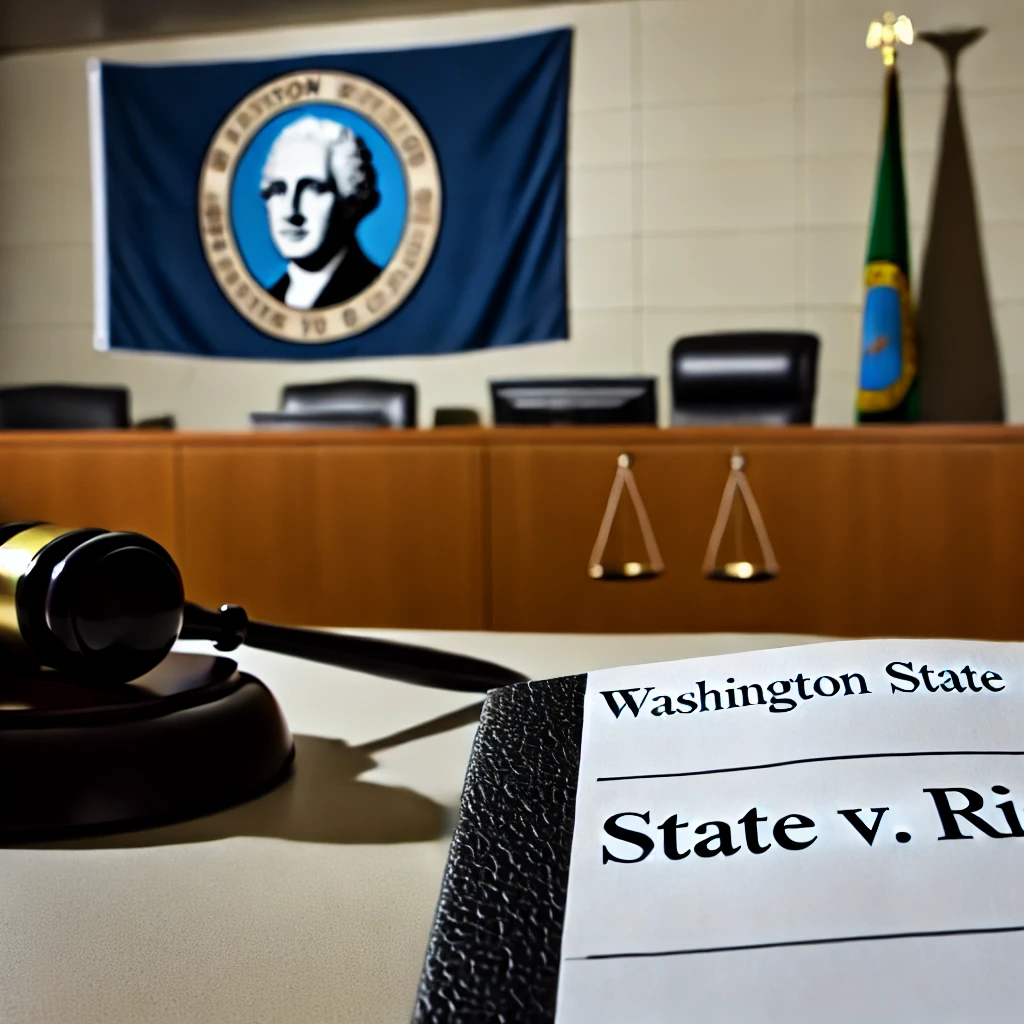State v. Rich: Washington Reckless Endangerment and DUI
In State v. Rich, the Washington Court of Appeals examined what constitutes reckless endangerment in the context of a DUI arrest. This case is a key example of how Washington reckless endangerment laws are applied when prosecutors pursue multiple charges for a single incident involving impaired driving.
Understanding how courts evaluate DUI-related reckless endangerment can help defendants and defense attorneys anticipate legal arguments, challenges to evidence, and trial strategy.
Case Background: DUI and the Added Reckless Endangerment Charge
Mr. Rich was pulled over for suspected DUI. He had passengers in his vehicle, including children. Prosecutors charged him with reckless endangerment, arguing that his decision to drive under the influence with others in the car created a substantial risk of death or serious physical injury—the standard under RCW 9A.36.050.
The defense objected, stating the reckless endangerment charge was redundant, given that DUI already accounted for the dangerous driving.
What the Court Said
The Washington Court of Appeals upheld the charge. The court emphasized that the presence of others in the vehicle, especially vulnerable passengers, added an element of recklessness beyond the basic elements of DUI. This ruling confirmed that prosecutors can pursue both charges when the facts support independent risks to others.
This decision in State v. Rich helps clarify how courts distinguish between reckless driving, DUI, and reckless endangerment in Washington criminal cases.
Legal Takeaways from State v. Rich
- Reckless endangerment can stand as a separate charge from DUI if passengers are placed at risk.
- DUI involving passengers—especially children—can lead to enhanced charges or multiple counts.
- Trial strategy must consider the potential for overlapping charges and how jurors may interpret risk.
🔗 Learn more about reckless endangerment under Washington law
Defense Considerations
If you’re facing DUI charges with additional counts like reckless endangerment, your defense team must evaluate:
- Whether prosecutors have sufficient evidence of risk to others;
- The impact of passenger statements or dashcam footage;
- How to argue against duplicative or prejudicial charges at trial.
Get Help with Washington DUI and Reckless Endangerment Charges
At Blanford Law, we help clients defend against complex criminal charges, including reckless endangerment and DUI. If you’re facing charges similar to those in State v. Rich, contact us today for skilled legal representation.

